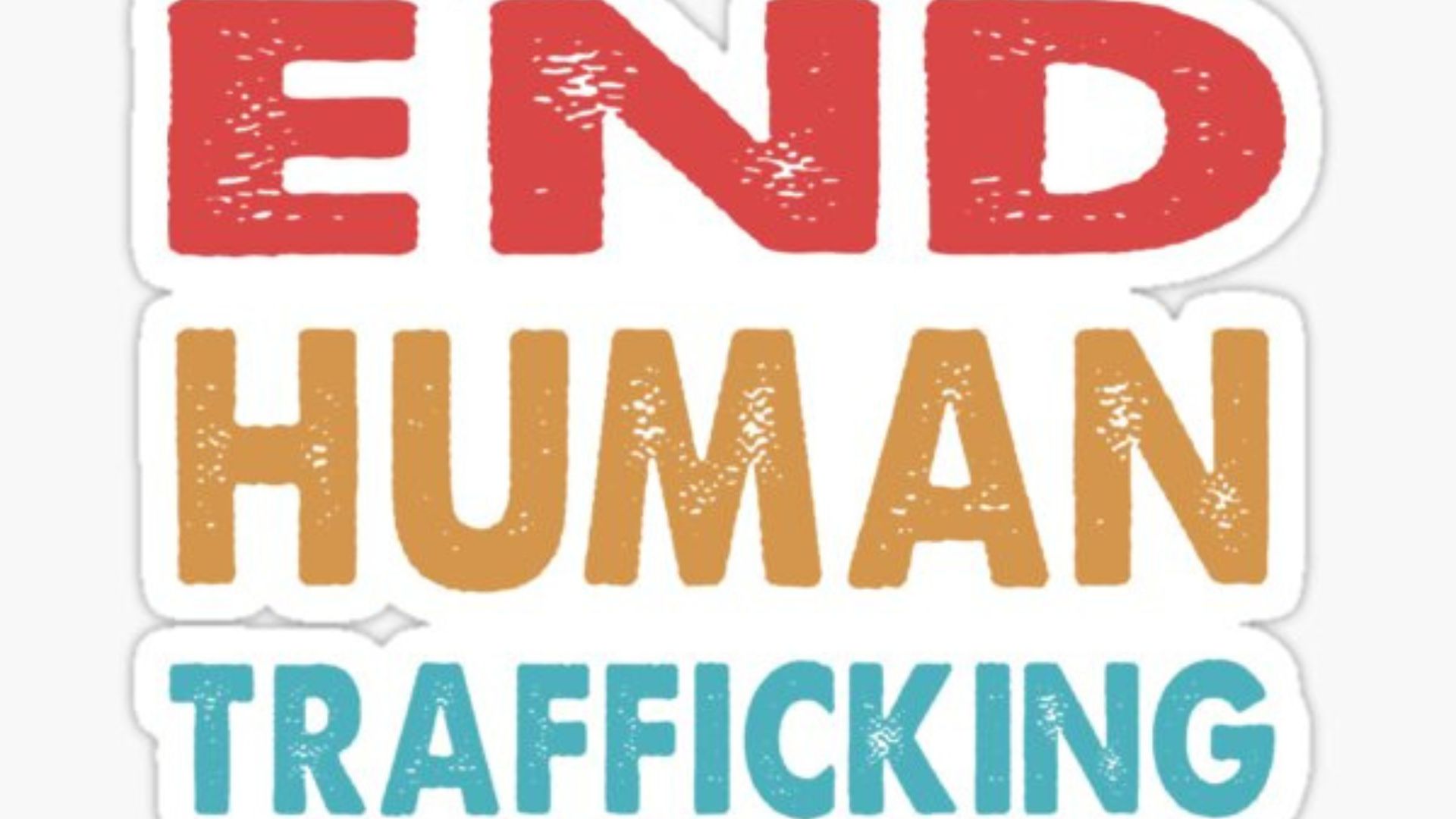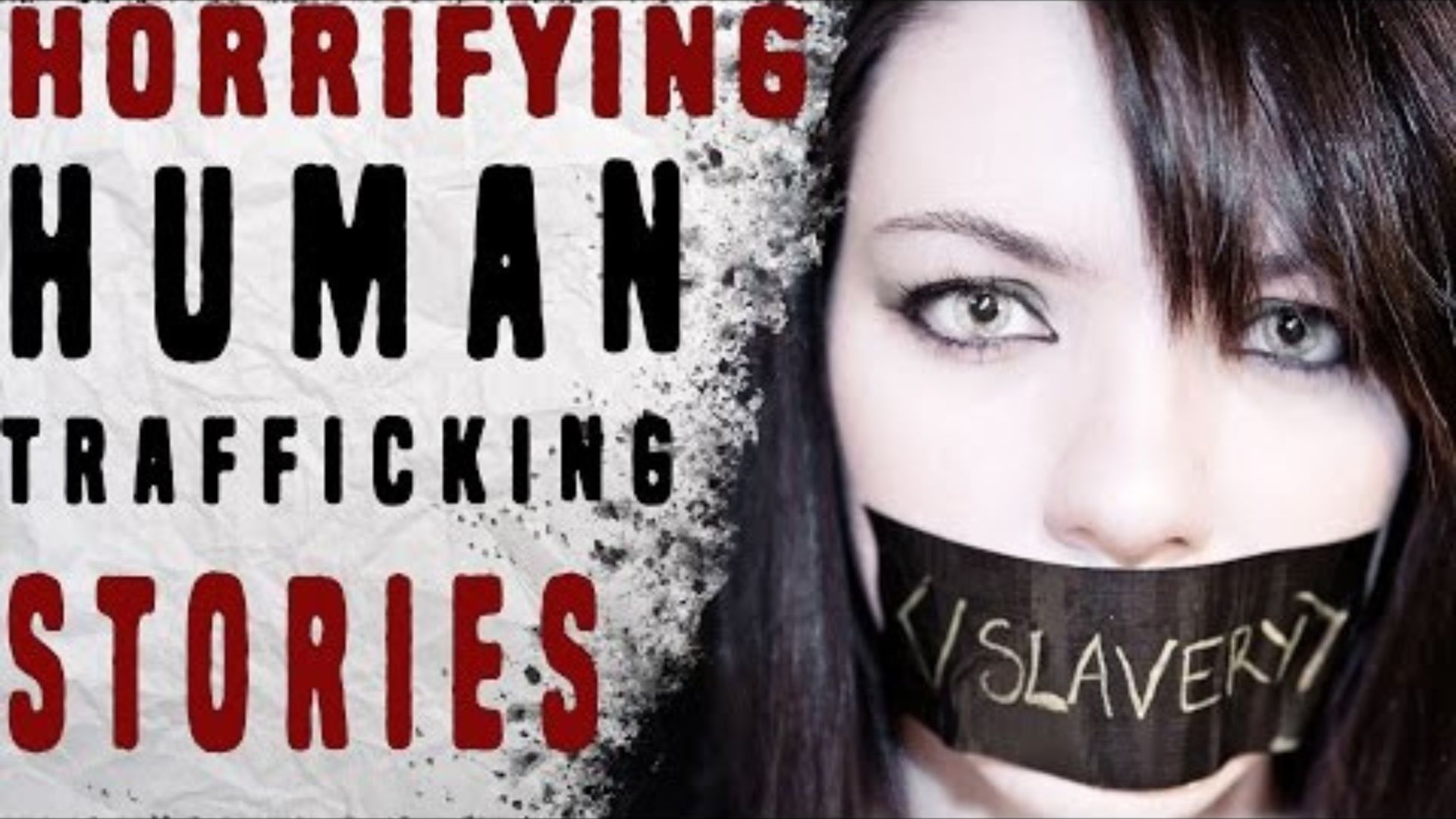|
Getting your Trinity Audio player ready...
|
Child trafficking. These words evoke a sickening feeling of helplessness. But in today’s digital age, this horrific crime has a new weapon: technology. The internet, a place of connection and information, has become a dark hunting ground for traffickers. Tech fuels child trafficking by providing them with powerful tools to target, manipulate, and exploit vulnerable children.
In this blog post, we’ll explore the ways technology fuels child trafficking and what we can do to protect our children. By understanding the dangers, we can take action to create a safer online environment for everyone.
1. A Playground for Predators: Social Media Dangers
Social media platforms are a major concern when it comes to how tech fuels child trafficking. Here’s why:
Easy Access
Children are often given access to social media at a young age, especially in our country where children are now using phones in Information and Communications Technology (ICT). They can use their phones to go on social media which makes them vulnerable to online predators. An example is that of Cambodia, a Southeast Asian nation with a rich cultural heritage, which also harbors a dark secret: child trafficking. Social media, a supposed tool for connection, has become a weapon in the hands of traffickers, exploiting the dreams and vulnerabilities of young Cambodians.
-
Easy Access, Easy Prey
Cambodia boasts a booming mobile phone market, making internet access readily available. Children, especially in rural areas, often receive smartphones at a young age with limited parental supervision. Traffickers take advantage of this ease of access, creating fake profiles that appear friendly and trustworthy. They may pose as potential employers, offering seemingly glamorous jobs in big cities like Phnom Penh or even abroad.
Fake Profiles and “Friendships”
Traffickers can create fake profiles that seem friendly and trustworthy. They may pose as potential friends, celebrities, or even romantic interests to build trust with children.
Sharing Too Much
Children may share personal information or photos online that can be used by traffickers to manipulate them. This could include their location, interests, or even their desire to run away from home.
Direct Messaging
Once trust is established, traffickers can use private messaging to groom children, exploit their vulnerabilities, and lure them into dangerous situations.
2. A Hidden Abyss: The Dark Web
The dark web is a secret part of the internet that you can only get to with special programs. This anonymity makes it a haven for illegal activity, including child trafficking. Tech fuels child trafficking on the dark web by:
Providing a Platform for Communication
Traffickers can use the dark web to communicate with each other securely, planning their activities and sharing information about victims.
Selling and Sharing Information
The dark web can be used as a marketplace for selling children or sharing information about their whereabouts and appearance.
Livestreaming Abuse: In some horrific cases, the dark web is used to livestream the abuse and exploitation of children.

3. Beyond Social Media: Other Online Dangers
While social media and the dark web are major concerns, tech fuels child trafficking through other online platforms as well:
Online Games
Some online games have features that allow players to communicate and exchange virtual goods. Traffickers might use these features to target and manipulate vulnerable children.
Chat Rooms and Forums
Predators may use chat rooms or online forums to target children with similar interests, exploiting their desire for connection or belonging.
Live Streaming Platforms
Live streaming platforms can be used by traffickers to groom children or exploit them for financial gain.
Virtual Private Networks (VPNs)
Traffickers use VPNs to hide where they are and who they are. This makes it hard for police and others to track their activities on the internet.
Cryptocurrency
Traffickers use cryptocurrency because it keeps their payments secret. They can pay for children or services related to exploitation without leaving a trace that law enforcement can easily follow.
Location-Based Services
Traffickers use apps and websites that show where people are. They use this to find children who are alone or in places where they might be vulnerable.
Fake News and Propaganda
Traffickers spread lies and fake stories online. They do this to scare children or trick them into thinking they are offering something good or exciting, like a job or adventure.
Protecting Our Children in the Digital Age
The internet can be a wonderful tool for learning and connecting, but it’s important to be aware of the dangers. Here are some tips to keep your children safe on the internet:
Awareness and Education
It’s important for young people to be aware of the risks online and to understand how traffickers might try to exploit them. Education about online safety and critical thinking can help protect against these dangers.
Safe Internet Practices
Encouraging safe internet habits, such as not sharing personal information online and being cautious of strangers, can reduce the chances of falling victim to online exploitation.
Open Communication
Talk to your children openly about the dangers of online predators and tech-fueled child trafficking. Explain what information is safe to share and what’s not.
Parental Controls
Use parental controls on devices your children use to limit their access to inappropriate content and monitor their online activity.
Privacy Settings
Help your children adjust their privacy settings on social media platforms to limit who can see their information.
Be Vigilant
Monitor your children’s online activity and talk to them about any interactions that make them feel uncomfortable.
Report Suspicious Activity
If you suspect that your child is being targeted by a predator, report it to the authorities and the platform where the activity took place.
Conclusion
Technology has revolutionized our lives, but it has also created new dangers for our children. By understanding how tech fuels child trafficking, we can take action to protect them. Talk to your children, educate them about online safety, and work together to create a safer online environment for everyone. Let’s shine a light on this dark issue and empower ourselves to keep our children safe.




